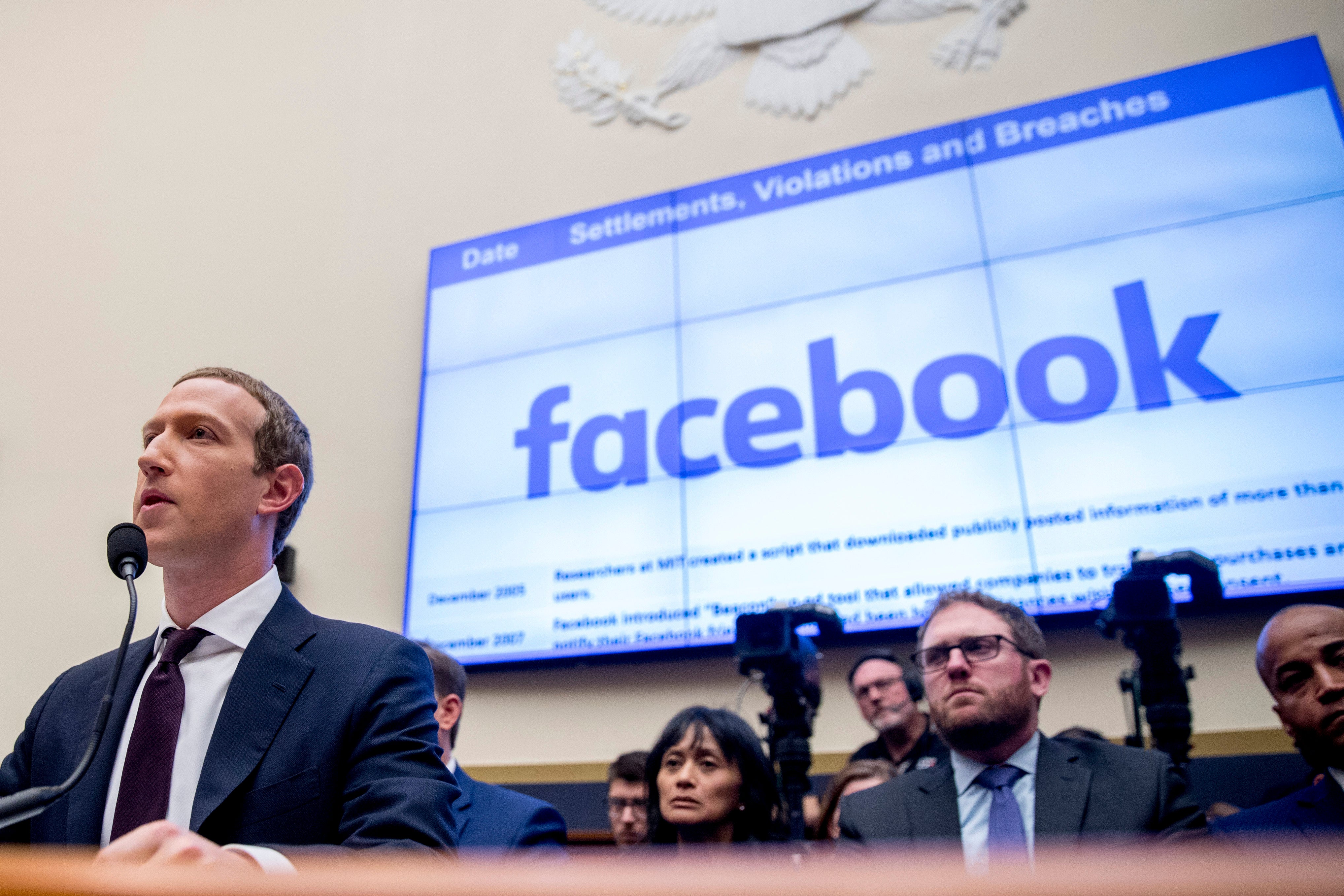Facebook ‘behaving like a North Korean dictator’ in Australia
Backlash against the ban has forced Facebook to discuss the issue with the Australian government

Your support helps us to tell the story
From reproductive rights to climate change to Big Tech, The Independent is on the ground when the story is developing. Whether it's investigating the financials of Elon Musk's pro-Trump PAC or producing our latest documentary, 'The A Word', which shines a light on the American women fighting for reproductive rights, we know how important it is to parse out the facts from the messaging.
At such a critical moment in US history, we need reporters on the ground. Your donation allows us to keep sending journalists to speak to both sides of the story.
The Independent is trusted by Americans across the entire political spectrum. And unlike many other quality news outlets, we choose not to lock Americans out of our reporting and analysis with paywalls. We believe quality journalism should be available to everyone, paid for by those who can afford it.
Your support makes all the difference.Facebook is under fire in Australia after it blocked news content due to their ongoing tiff with the government over a new media code that would result in the social media giant paying local media outlets for news content.
Facebook has said such a move is not acceptable as the proposed code “fundamentally fails to understand” how its services work.
But there is growing anger among officials at the social media giant’s response, with Western Australia’s premier, Mark McGowan, accusing Facebook of "behaving like a North Korean dictator”.
“Facebook is behaving in a bullying and intimidatory manner… They should resolve the matter in an amicable way. What they are doing is wrong,” said Mr McGowan on Thursday while stating that the US government should step in.
On Wednesday, Australia’s Prime Minister, Scott Morrison, said Facebook’s actions to “unfriend Australia, cutting off essential information services on health and emergency services, were as arrogant as they were disappointing.”
Mr Morrison said he is in regular contact with the leaders of other nations on these issues as news emerged that he has spoken to Indian prime minister Narendra Modi about it.
In a post on Facebook, the Australian prime minister cautioned that they “will not be intimidated by BigTech seeking to pressure” them on the new media bargaining code. He had urged Facebook to constructively work with them like Google – which has already made deals with several Australian news organisations.
Elaine Pearson, who is the Australia director of the Human Rights Watch, said: “Facebook is severely restricting the flow of information to Australians. Not just news sites, but also information on government health, emergency services and police pages. This is an alarming and dangerous turn of events.”
William Easton, who is the managing director of Facebook Australia and New Zealand, who announced the move, said that the new code by the Australian government “misunderstands the relationship between our platform and publishers who use it to share news content.”
“It has left us facing a stark choice: attempt to comply with a law that ignores the realities of this relationship, or stop allowing news content on our services in Australia. With a heavy heart, we are choosing the latter,” he had said on Wednesday.
He claimed that over the last three years they have “worked with the Australian government to find a solution that recognises the realities of how our services work”. But the new legislation seeks to penalise Facebook for content it didn’t take or ask for.
“We were prepared to launch Facebook News in Australia and significantly increase our investments with local publishers, however, we were only prepared to do this with the right rules in place. This legislation sets a precedent where the government decides who enters into these news content agreements, and ultimately, how much the party that already receives value from the free service gets paid,” Easton said.
However, the backlash against their move has brought Facebook to the discussion table as its chief Mark Zuckerberg engaged in talks with federal treasurer Josh Frydenberg on Friday and the discussion is expected to continue.




Join our commenting forum
Join thought-provoking conversations, follow other Independent readers and see their replies
Comments